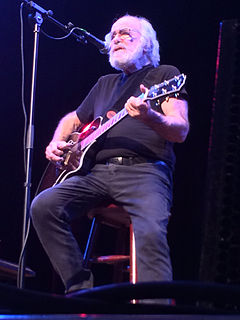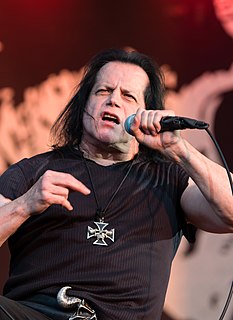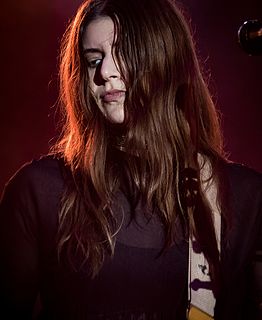A Quote by Robert Hunter
A song doesn't happen as a whole verse; it happens linearly, line by line, almost word by word, phrase by phrase. And if each phrase, each line, has a proper emotional feel and connects to the line before it and the line after it, the song will be doing what it should be doing.
Related Quotes
I started to write the song. And I was in Gladewater, Texas, one night with Carl Perkins and I said, I've got a good idea for a song. And I sang him the first verse that I had written, and I said it's called "Because You're Mine." And he said, "I Walk The Line" is a better title, so I changed it to "I Walk The Line."
For me there's always a line or two in a script, when you hit it you almost decide to do the whole movie off a line or two. You almost do it for the fun of getting to say a line or two like that. I don't have any specific plans, you know. I mean, if Seth Rogen calls with a great buddy pic, I'll be there.


































